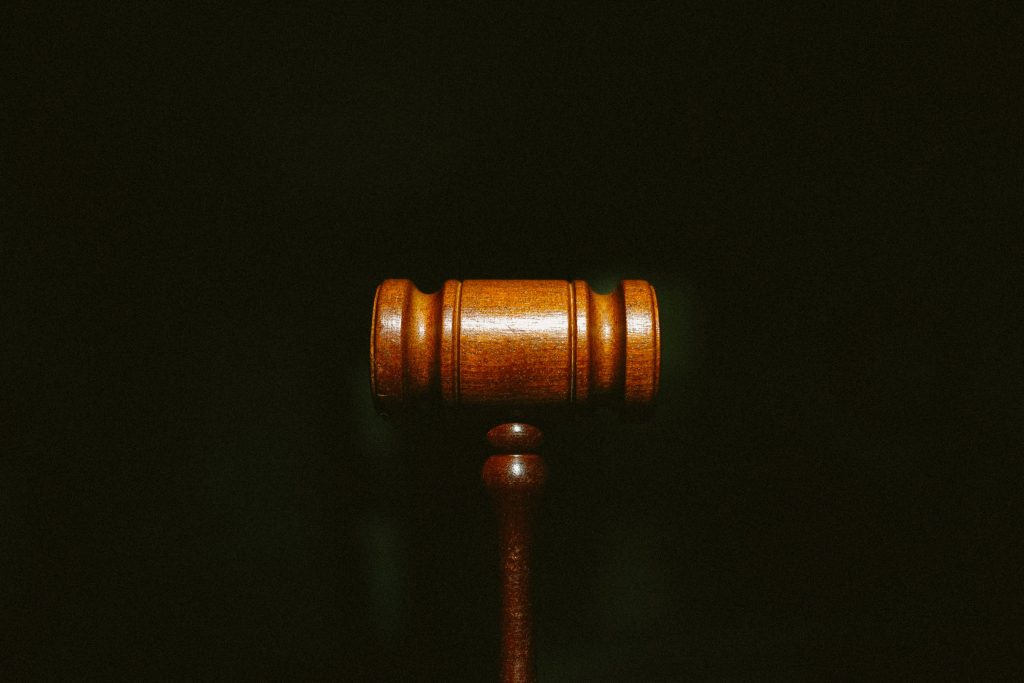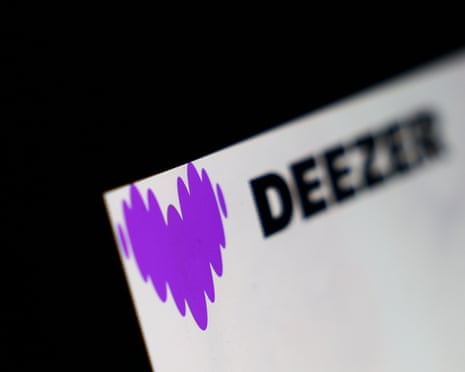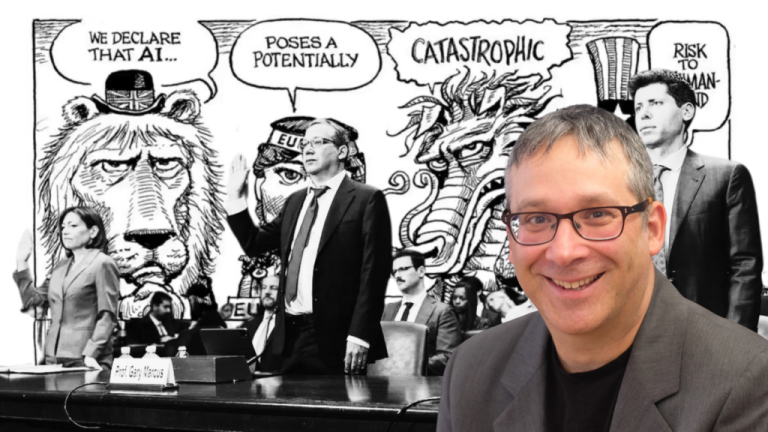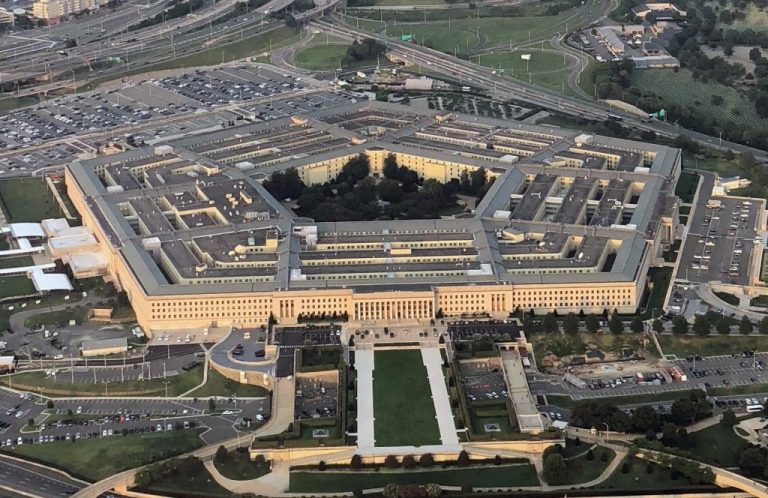Federal Court Confirms AIs Are Not Eligible for Patent Ownership in Inventions
AI, Ethics & Society, Legislation & Government
US Federal Court Upholds Decision that AIs Cannot Patent Inventions
Dr. Stephen Thaler continues his pursuit of granting AIs the ability to patent inventions, though he faces ongoing obstacles. Thaler, the founder of Imagination Engines, developed a system called DABUS, which comprises neural networks. DABUS has been credited with inventing several items, including an emergency warning light and an innovative food container designed for better grip and heat transfer.
In August 2021, a federal court in Australia made a landmark decision, asserting that AI systems could be acknowledged as inventors under patent law. Professor Ryan Abbott from the University of Surrey submitted applications on behalf of Dr. Thaler, marking a rare success in his campaign. However, similar applications in the UK, US, and New Zealand were subsequently denied.
In April 2020, the US Patent and Trademark Office (USPTO) determined that an AI could not be legally recognized as an inventor after dismissing two applications credited to DABUS. The filings had been put forward by the Artificial Inventor Project (AIP), which suggested that Thaler lacked the necessary consumer goods experience to have created the products himself. Abbott emphasized this point, stating, “If I teach my Ph.D. student and they go on to develop a complex idea, that doesn’t make me an inventor on their patent, and the same should apply to a machine.”
Following this, the UK’s Intellectual Property Office also rejected Thaler’s applications, arguing that only humans can be recognized as inventors under the country’s Patents Act. This decision was appealed in the High Court in London and was ultimately unsuccessful. The case proceeded to the Court of Appeal, where it faced another setback. “A patent is a statutory right and it can only be granted to a person,” confirmed Lady Justice Liang after the Court of Appeal’s ruling, asserting, “Only a person can have rights. A machine cannot.”
Recently, the US Court of Appeals ruled against Thaler’s case, citing similar reasoning to that of the UK ruling. Judge Leonard P. Stark noted, “Statutes are often open to multiple reasonable interpretations. Not in this case,” clarifying that the Patent Act explicitly requires inventors to be natural persons, or human beings.
Despite these setbacks, Thaler and Abbott remain resolute in their efforts to appeal these outcomes. Abbott commented on the latest ruling, stating, “It overlooks the intention of the Patent Act and the fact that AI-generated inventions are now unpatentable in the United States. This has considerable negative social implications.”
For those interested in exploring AI and big data further, the AI & Big Data Expo will take place in Amsterdam, California, and London. For more details on upcoming enterprise technology events and webinars, powered by TechForge, visit their website.
NVIDIA Fuels Germany’s Lead in Europe’s AI Manufacturing
Germany is emerging as a dominant force in AI manufacturing in Europe, thanks in part to NVIDIA’s advancements in technology. This support is crucial as the nation seeks to upgrade its manufacturing infrastructure and introduce innovative solutions.
Additionally, numerous new initiatives are underway in the MedTech sector, blending AI, hardware, and clinical applications to enhance patient care and operational efficiency. With these developments, companies can revolutionize their offerings to better serve healthcare needs.
However, a significant challenge remains: approximately 80% of AI projects fail to move beyond the pilot phase into full production. Understanding this execution gap is vital for organizations aiming for successful AI implementations.
Lastly, teachers in England have received the green light to incorporate AI into their classrooms, signaling a shift in educational approaches and an embrace of technology in learning environments.
Artificial Intelligence is increasingly impacting various sectors.
The Role of Machine Learning in Cloud-Native Container Security
This topic discusses how machine learning significantly boosts the security of cloud-native containers.
Innovative Uses of Machine Learning Transforming Business Applications
This segment highlights the transformative effects of machine learning on various business applications.
AI and Bots in Music Industry
Recent allegations suggest the use of AI and bots to artificially inflate music streaming numbers.
Outsourcing Development: The Benefits
Partnering with outsourced developers can provide substantial advantages in software development.

Stay tuned for the latest advancements and insights in AI and machine learning.
In a recent development, teachers in England have received approval to incorporate AI into their teaching methodologies.
AI’s influence continues to expand into the cryptocurrency sector, raising questions about ethics and development.
Society
June 11, 2025 – Sam Altman from OpenAI announced that the era of superintelligence has officially commenced.
Education, Legislation & Government
Teachers in England have been authorized to integrate AI into their classrooms, marking a significant shift in educational practices.
Artificial Intelligence
AI’s impact continues to expand, particularly within the cryptocurrency sector, as technology evolves in unprecedented ways.
For more insights and the latest updates in technology, consider subscribing to receive premium content directly to your inbox.
Explore More
- About Us
- Contact Us
- Privacy Policy
- Cookie Policy
Categories
- Applications
- Companies
- Deep & Reinforcement Learning
- Enterprise
- Ethics & Society
- Industries
- Legislation & Government
- Machine Learning
- Privacy
- Research
- Robotics
- Security
- Surveillance
- Sponsored Content
Related Publications
- Developer
- IoT News
- Edge Computing News
- MarketingTech
- CloudTech
- The Block
- Telecoms
- Sustainability News
- TechHQ
- TechWire Asia
AI News is a prominent feature of TechForge, delivering cutting-edge discussions and insights in technology.







